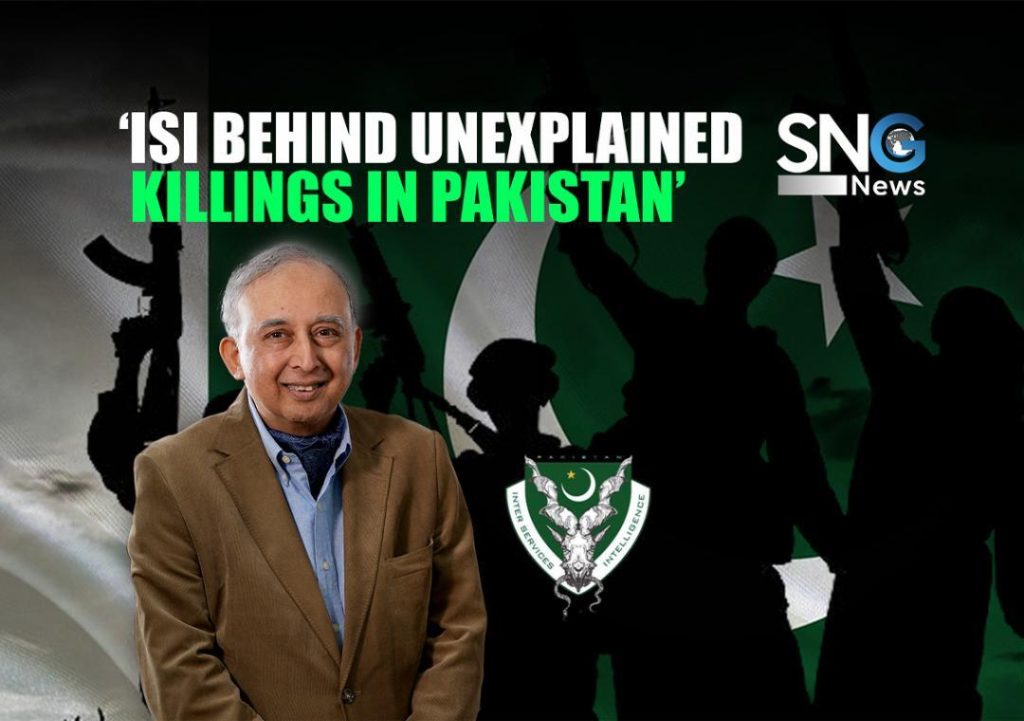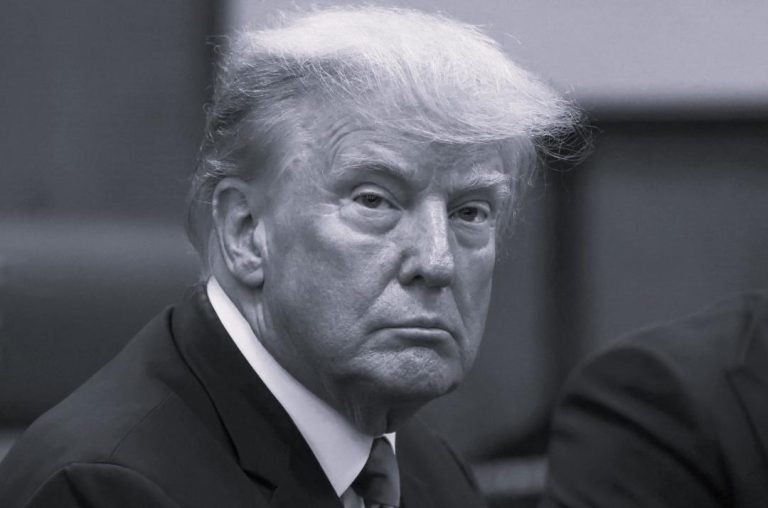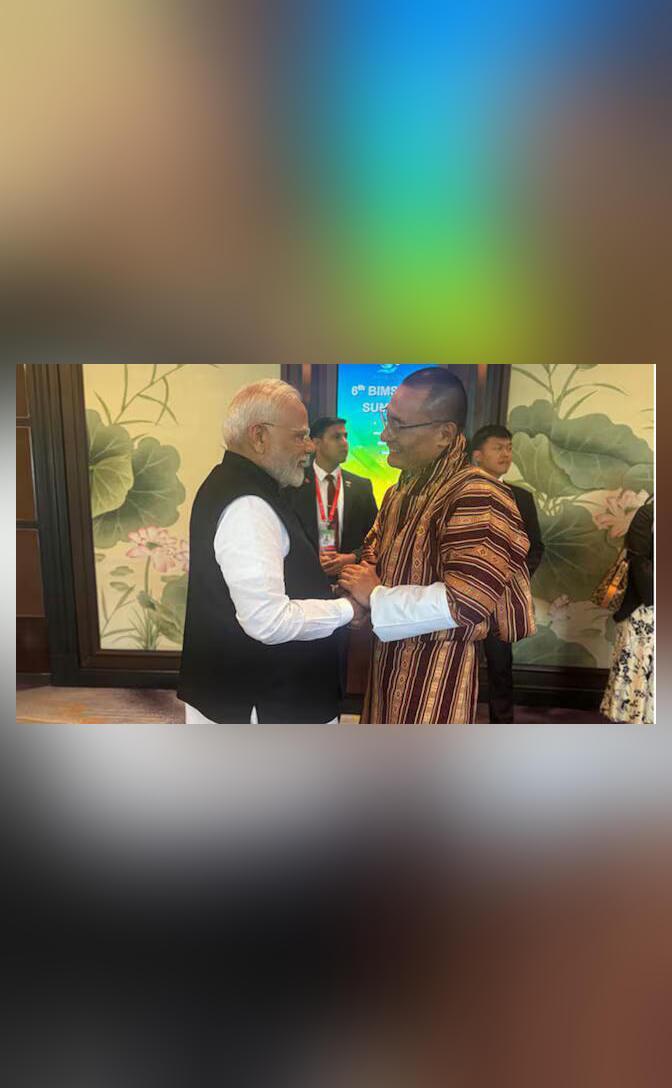
Who’s Behind Mystery Killings in Pakistan? Expert Answers
Pakistan, a country plagued by terrorism and political instability, has witnessed a string of unexplained high-profile assassinations over the years. The authorities often blame external factors, including India, for these killings. However, one expert believes that the truth lies closer to home. Tilak Devasher, a renowned Pakistan expert, has shed light on the dark underbelly of the country’s security apparatus and its possible involvement in these mysterious killings.
In an exclusive interview with a popular news channel, Devasher revealed that the history of Pakistan is replete with unexplained high-profile assassinations. He attributed these events to the Inter-Services Intelligence (ISI), the country’s premier intelligence agency, which he claimed uses people and discards them when their utility is over.
“The ISI uses people and when their utility is over, gets them killed. A lot of terrorists killed may have gone rogue or would have been planning to go rogue,” Devasher said.
This statement sparks a wave of questions. Who are these individuals? What is their connection to the ISI? And what motivates the agency to eliminate them? To understand the complexity of this issue, it is essential to delve into the history of Pakistan and its security apparatus.
Pakistan’s security establishment has a history of using proxy forces to further its interests. The country has been accused of sponsoring terrorist groups, such as the Haqqani network, to carry out attacks in Afghanistan and India. This strategy is often referred to as “blowback,” where the agency uses terrorists to achieve its goals, only to turn against them when they become a liability.
One example of this phenomenon is the case of Ilyas Kashmiri, a Pakistani militant leader who was allegedly involved in the 2008 Mumbai attacks. Kashmiri was killed in a US drone strike in 2011, but rumors persisted that he was actually eliminated by the ISI due to his growing influence and potential threat to its interests.
Similarly, the assassination of Osama bin Laden’s deputy, Atiyah Abd al-Rahman, in 2011, was attributed to the ISI by some analysts. Rahman was a key figure in Al-Qaeda and had been involved in several high-profile attacks, including the 2002 Bali bombings. His elimination was seen as a significant blow to the organization, and some speculated that the ISI was responsible for the killing to prevent him from becoming a liability.
Devasher’s claims are not without merit. The ISI has a reputation for being ruthless and unpredictable, with a history of manipulating events to suit its own agenda. In the past, the agency has been accused of involvement in the assassinations of prominent politicians, including Benazir Bhutto and Murtaza Bhutto.
The case of Benazir Bhutto, who was killed in a bombing in 2007, is a prime example of the agency’s alleged involvement in high-profile assassinations. Bhutto was a former prime minister of Pakistan and a vocal critic of the military’s involvement in politics. Her assassination was widely condemned, and many believed that the ISI was responsible for the killing due to her opposition to the agency’s influence.
The ISI’s activities are shrouded in secrecy, making it challenging to verify Devasher’s claims. However, the expert’s insights offer a glimpse into the complex web of intrigue and manipulation that pervades Pakistan’s security landscape.
“The ISI is a very powerful organization, and it’s very difficult to know what they’re doing. But one thing is certain: they have a history of eliminating people when they become a liability,” Devasher said.
Pakistan’s mystery killings remain a subject of speculation and debate. While the authorities continue to blame external factors, Devasher’s claims suggest that the truth may lie closer to home. The country’s security establishment, particularly the ISI, is known for its ruthless tactics and ability to manipulate events to suit its own agenda.
As the world continues to grapple with the complexities of terrorism and political instability, it is essential to understand the underlying dynamics that drive these phenomena. Pakistan’s mystery killings serve as a reminder of the country’s troubled past and its ongoing struggle to reconcile its internal conflicts.
News Source:
https://www.youtube.com/watch






